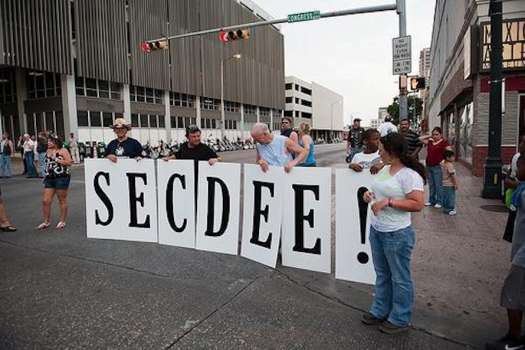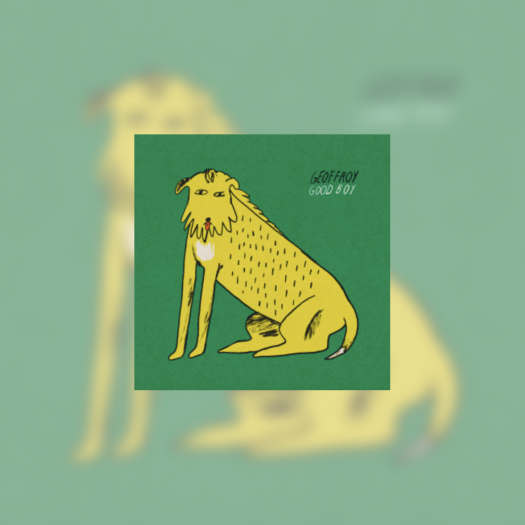Winston Marshall — hedge fund baby and former Mumford & Sons banjoist who quit the band over his right-wing political views — has now officially joined the conservative outrage grift, becoming a right-wing columnist for Bari Weiss's Substack.
His new piece, titled "When Artists Become the Censors," is all about Neil Young, Joe Rogan and censorship (or, the loose concept of a leftist-driven censorship-esque idea that only exists in the conservative imagination).
Marshall laments the so-called censorship of Rogan's ideas despite literally admitting in the piece that Neil Young's anti-Rogan campaign "doesn't breach Rogan's First Amendment rights," instead, calling it "a clear stand against the cultural norm of free speech." Criticism, it apparently bears repeating, is not censorship.
He then admits that "Spotify is a private company; they're under no obligation to platform anybody." It should be noted that Spotify has in fact chosen to continue platforming Joe Rogan's podcast, literally removing Young's — and several others — music in order to continue hosting it. It's unclear what censorship Marshall is so terrified of, but that's kind of the point, isn't it?
Marshall goes on to point out a bunch of other fearless millionaire thought-warriors like Kanye West, J.K. Rowling and Trump — "those brave enough to peep over the parapet" — as victims of censorship, despite the fact that these people continue selling enormous amounts of music, books and bullshit for equally enormous amounts of money.
He coincidentally ignores some examples of actual material censorship that've happened recently, like the Tennessee school board that banned educators from teaching the Holocaust memoir Maus.
You have to hand it to the guy — he's managed to make being the banjo player in Mumford & Sons the second-most embarrassing thing about him.
His new piece, titled "When Artists Become the Censors," is all about Neil Young, Joe Rogan and censorship (or, the loose concept of a leftist-driven censorship-esque idea that only exists in the conservative imagination).
Marshall laments the so-called censorship of Rogan's ideas despite literally admitting in the piece that Neil Young's anti-Rogan campaign "doesn't breach Rogan's First Amendment rights," instead, calling it "a clear stand against the cultural norm of free speech." Criticism, it apparently bears repeating, is not censorship.
He then admits that "Spotify is a private company; they're under no obligation to platform anybody." It should be noted that Spotify has in fact chosen to continue platforming Joe Rogan's podcast, literally removing Young's — and several others — music in order to continue hosting it. It's unclear what censorship Marshall is so terrified of, but that's kind of the point, isn't it?
Marshall goes on to point out a bunch of other fearless millionaire thought-warriors like Kanye West, J.K. Rowling and Trump — "those brave enough to peep over the parapet" — as victims of censorship, despite the fact that these people continue selling enormous amounts of music, books and bullshit for equally enormous amounts of money.
He coincidentally ignores some examples of actual material censorship that've happened recently, like the Tennessee school board that banned educators from teaching the Holocaust memoir Maus.
You have to hand it to the guy — he's managed to make being the banjo player in Mumford & Sons the second-most embarrassing thing about him.




